Transistors are semiconductor devices that regulate current, amplify signals, and act as switches, forming the foundation of modern electronics.
Category: computing – Page 266
Discover the future of brain-computer interfaces with Neuralink #shorts
Non-personalized content and ads are influenced by things like the content you’re currently viewing and your location (ad serving is based on general location). Personalized content and ads can also include things like video recommendations, a customized YouTube homepage, and tailored ads based on past activity, like the videos you watch and the things you search for on YouTube. We also use cookies and data to tailor the experience to be age-appropriate, if relevant.
Select “More options” to see additional information, including details about managing your privacy settings. You can also visit g.co/privacytools at any time.
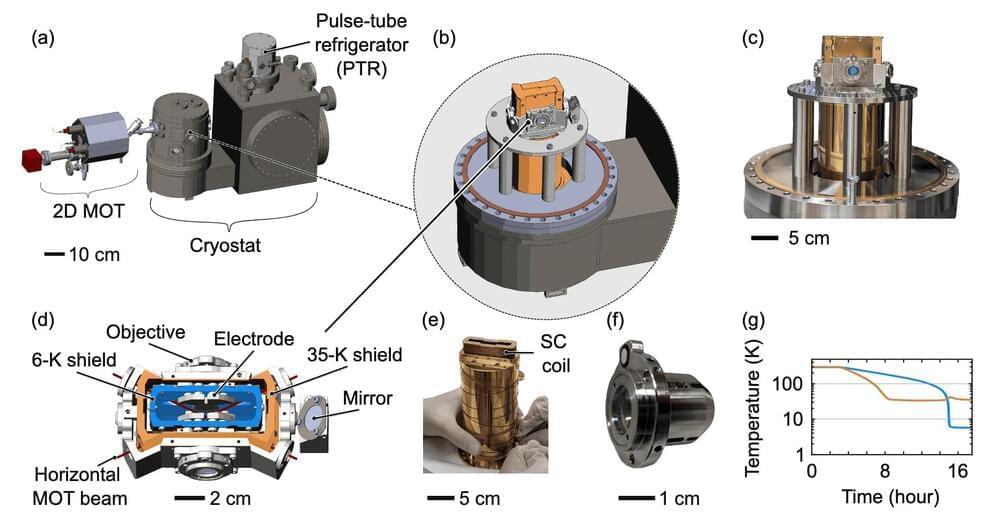
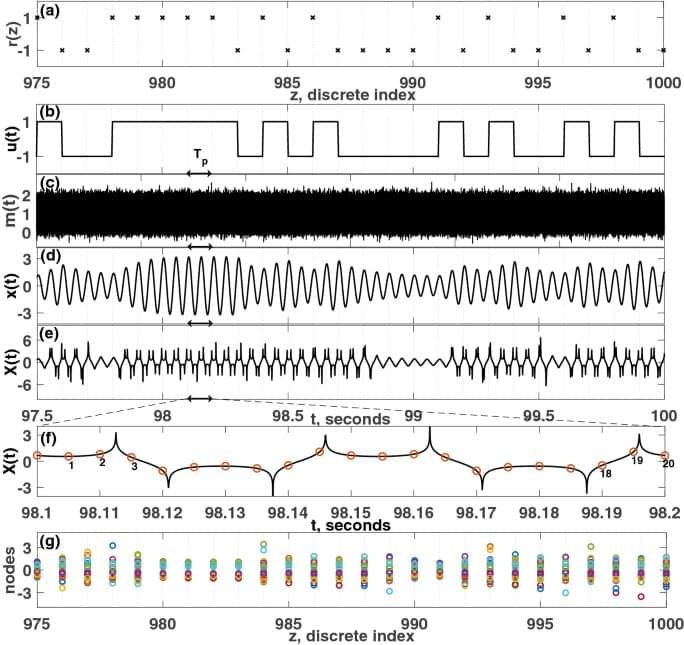
A Hopf physical reservoir computer
Scientific Reports volume 11, Article number: 19,465 (2021) Cite this article.
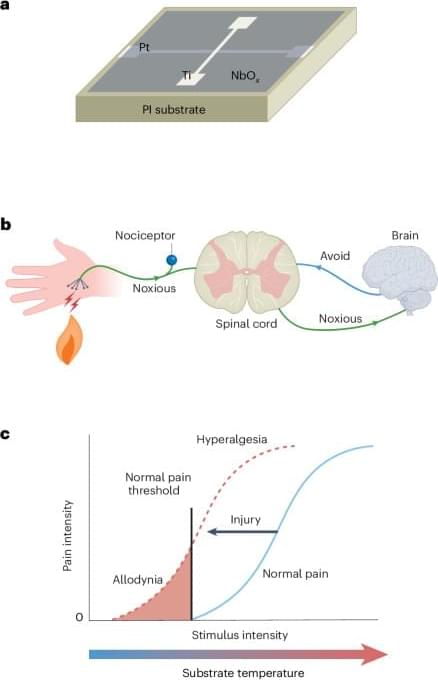
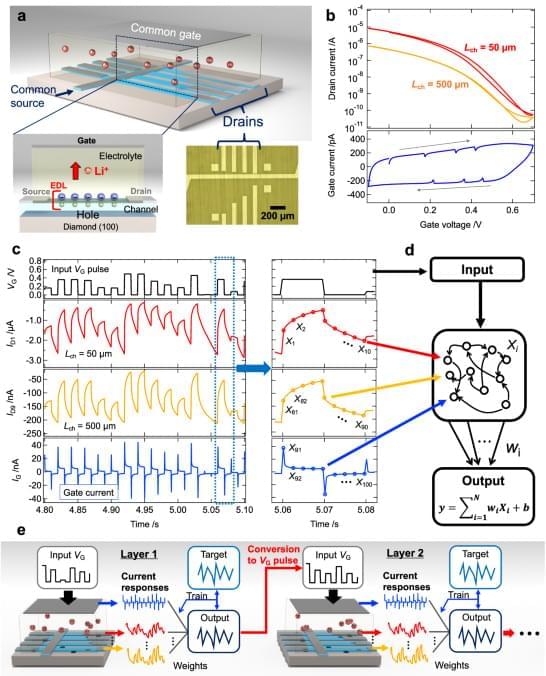
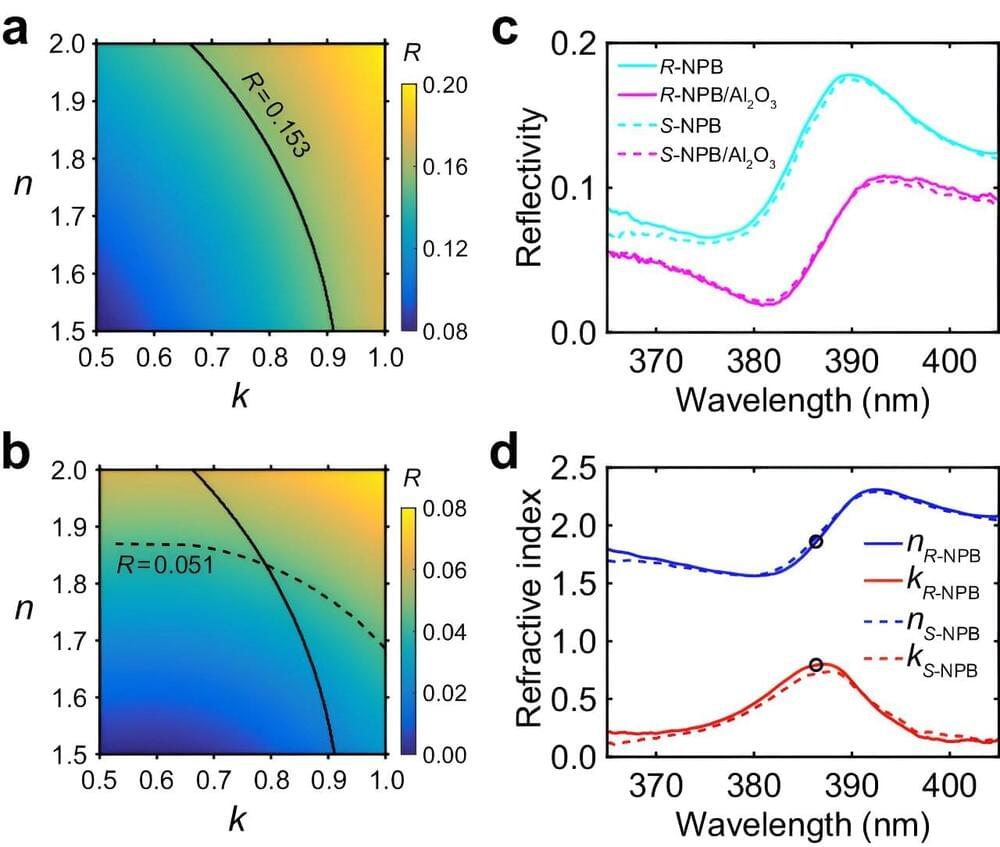

Scientists Invent Smartphone Chip That Peers Through Barriers With Electromagnetic Waves
For more than 15 years, a group of scientists in Texas have been hard at work creating smaller and smaller devices to “see” through barriers using medium-frequency electromagnetic waves — and now, they seem closer than ever to cracking the code.
In an interview with Futurism, electrical engineering professor Kenneth O of the University of Texas explained that the tiny new imager chip he made with the help of his research team, which can detect the outlines of items through barriers like cardboard, was the result of repeat advances and breakthroughs in microprocessor technology over the better half of the last two decades.
“This is actually similar technology as what they’re using at the airport for security inspection,” O told us.

Twisting Light Unlocks New Quantum Realms
A research team is studying how light moves through special circuits called optical waveguides, using a concept called topology. They’ve made an important discovery that combines stable light paths with light particle interactions, which could make quantum computers more reliable and lead to new technological advancements.
Scientific innovation often arises as synthesis from seemingly unrelated concepts. For instance, the reciprocity of electricity and magnetism paved the way for Maxwell’s theory of light, which, up until now, is continually being refined and extended with ideas from quantum mechanics.
Similarly, the research group of Professor Alexander Szameit at the Institute of Physics at the University of Rostock explores light evolution in optical waveguide circuits in the presence of topology. This abstract mathematical concept was initially developed to classify solid geometries according to their global properties. Szameit explains: “In topological systems, light only follows the global characteristics of the waveguide system. Local perturbations to the waveguides such as defects, vacancies, and disorder cannot divert its path.”
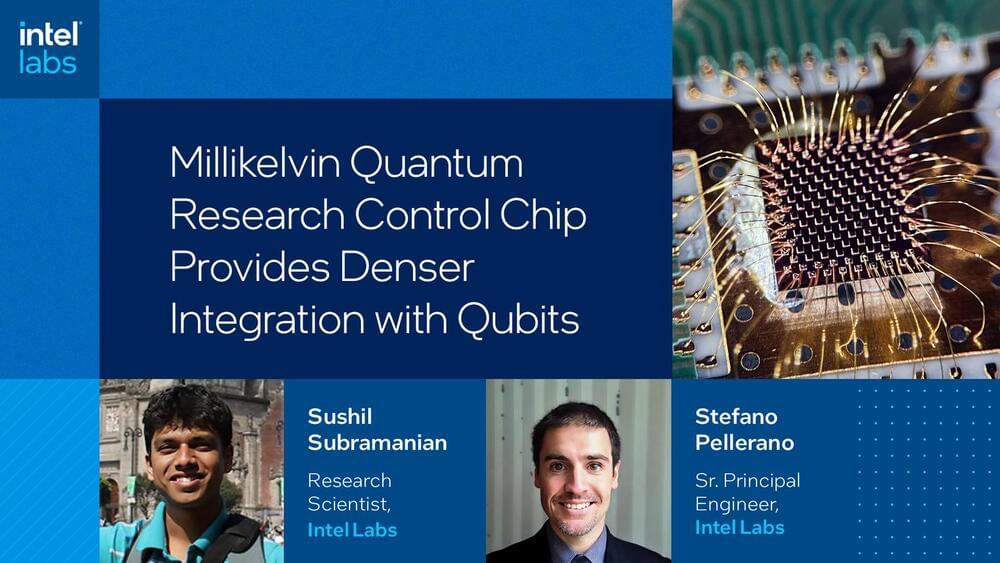
Intel’s Millikelvin Quantum Research Control Chip Provides Denser Integration with Qubits
Intel debuts new chip focused on addressing quantum computing’s wiring bottleneck.
Intel’s millikelvin quantum research control chip, code-named Pando Tree, establishes Intel as the first semiconductor manufacturer to demonstrate the distribution of cryogenic silicon spin qubit control electronics…
Sushil Subramanian is a research scientist at Intel where he works on integrated circuits and systems for qubit control in quantum computers. Co-author Stefano Pellerano is a senior principal engineer and lab director of the RF and Mixed-Signal Circuits Lab where he leads the research and development effort on cryogenic electronics for qubit control.